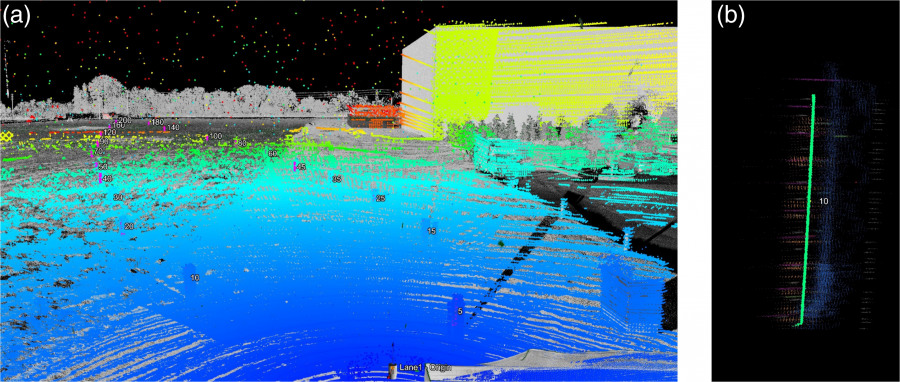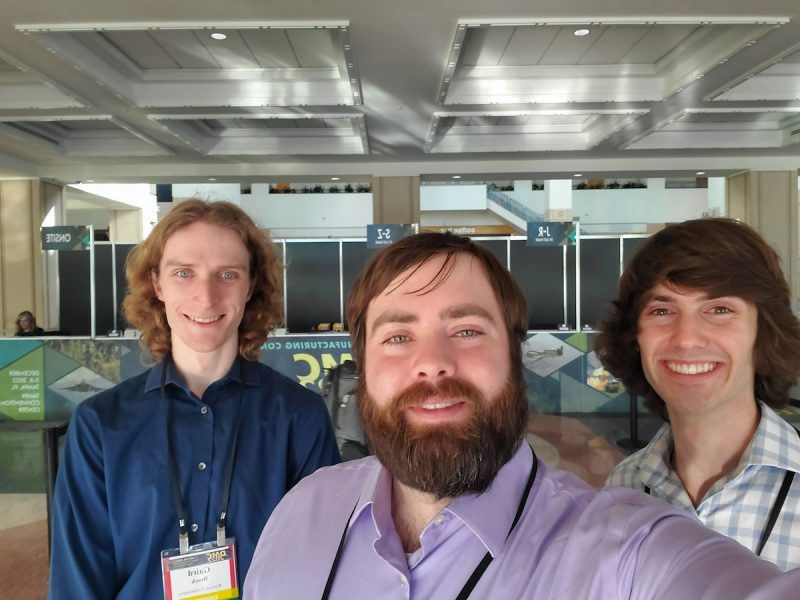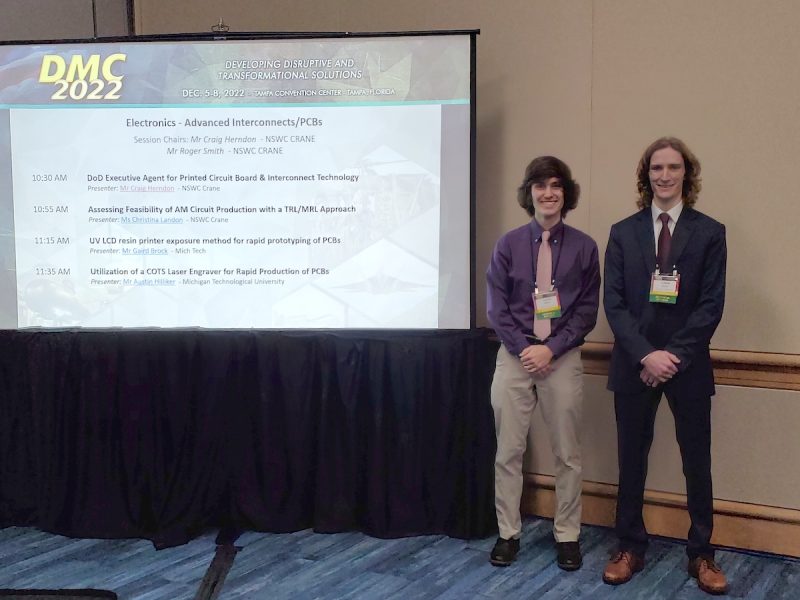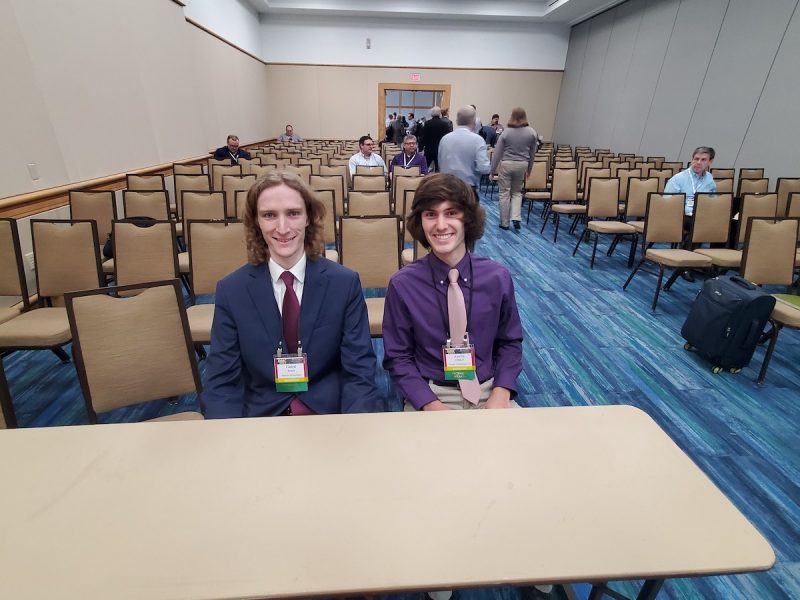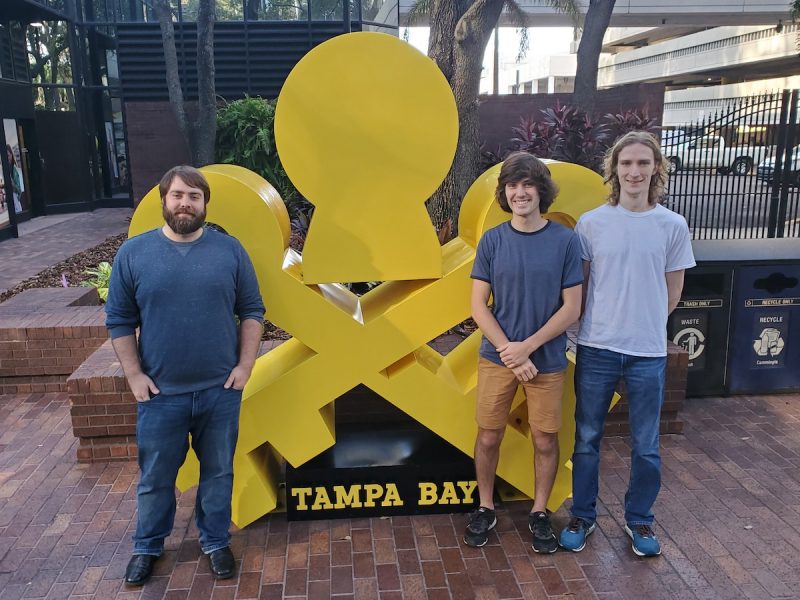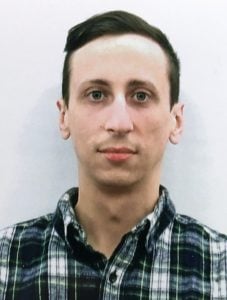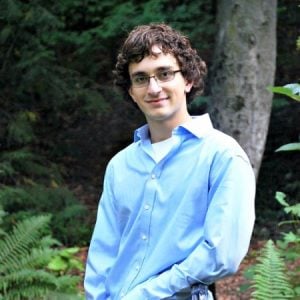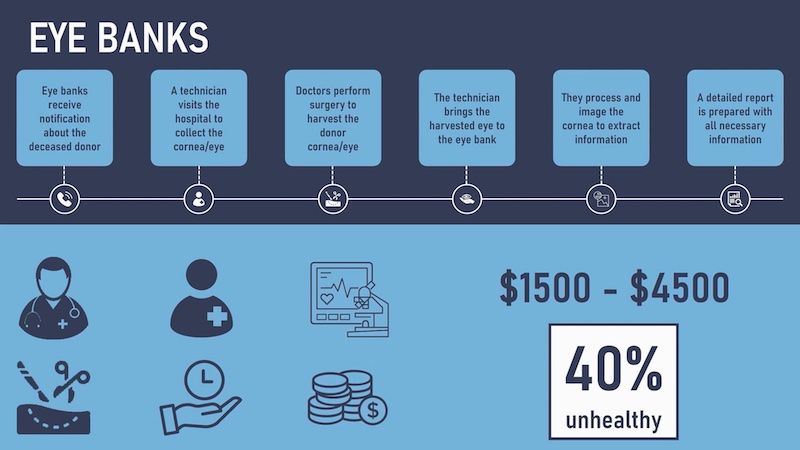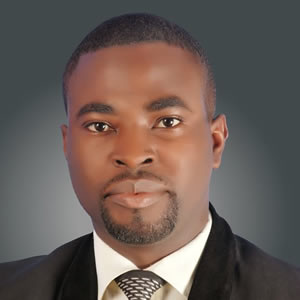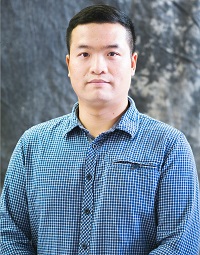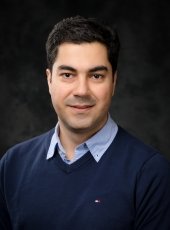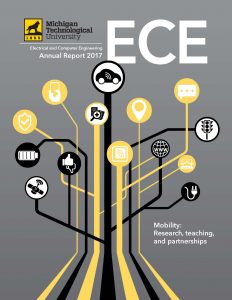Tim Havens (CS/ICC/GLRC) and Steve Senczyszyn (GLRC) attended and presented at the SPIE Defense and Commercial Sensing conference, held April 21–25 in National Harbor, Maryland.
Senczyszyn presented “Comparing performance of robot operating system (ROS) mapping algorithms in the presence of degraded or obscured depth sensors.” His co-authors include Havens; Tony Pinar (ECE); Adam Webb (MTRI); ECE undergraduate Mohamed Salem; ECE graduates Elizabeth Donoghue, Shelby Wills and Moira Broestl; and U.S. Army engineer Stanton Price.
Havens presented “Synthetic augmentation methods for object detection in infrared overhead imagery.” His co-authors include Ashley Olson (MTRI) and Jonathan Christian and Jason Summers of ARiA.
Dylan Kangas (ECE) presented “Developing robust unmanned surface vehicles with ROS.” His co-authors include Havens, Senczyszyn, Pinar, Keven Li (ME-EM), ECE undergraduates Salem and Tyler Ryynanen, U.S. Army engineers Steven Price and Stanton Price, and Stephen Taylor and Timothy Murphy of the U.S. Navy’s Naval Surface Warfare Center.
Havens and Olsen are also co-authors of a presentation by Summers and Christian of ARiA titled “Generative EO/IR multi-scale vision transformer for improved object detection.”

